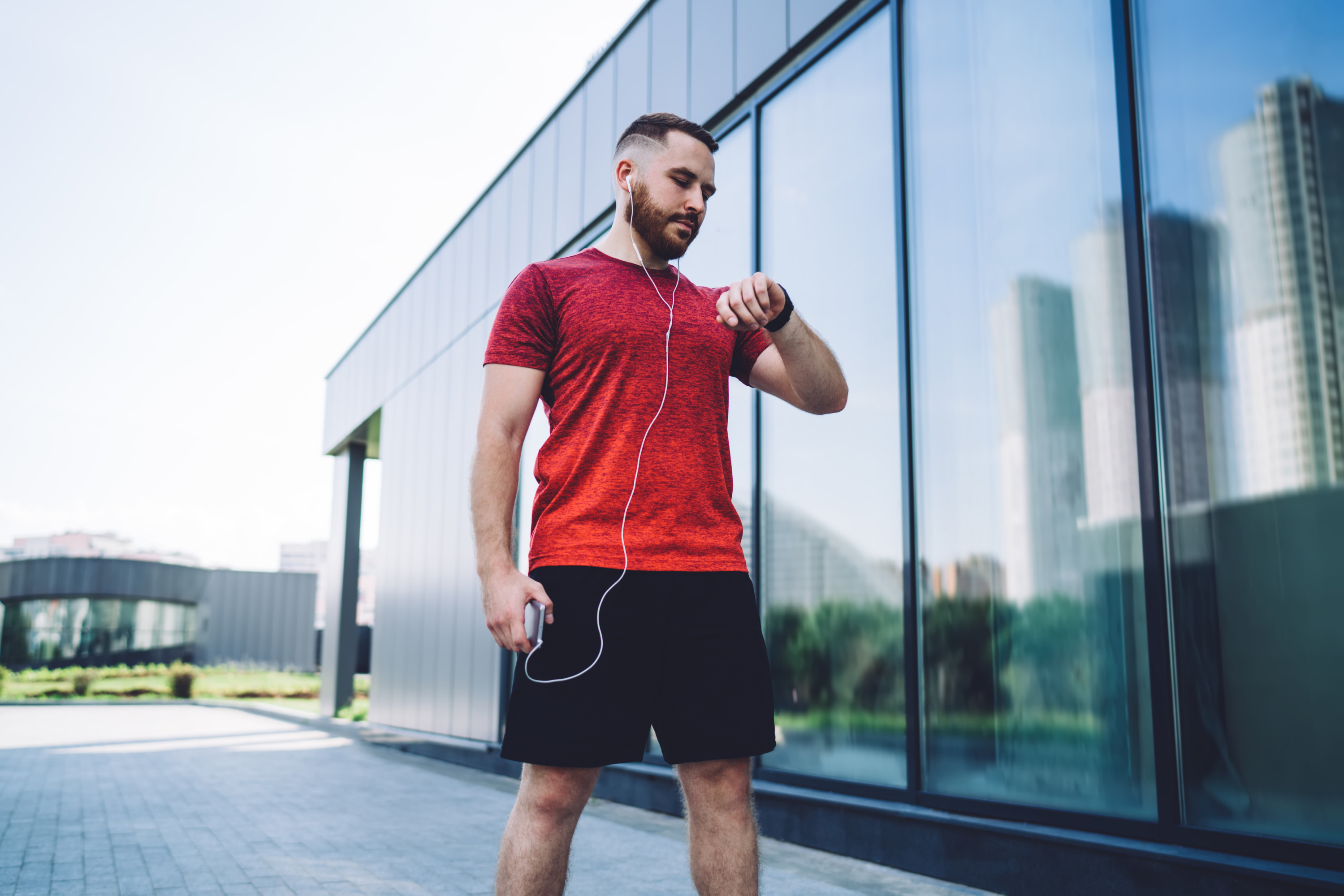Do you always give up on exercise? Tailoring your workout to your personality could give you better results.

Finding the motivation to exercise can be the biggest challenge when it comes to exercising. This may be partly why less than a quarter of people meet the activity goals recommended by the World Health Organization .
But what if exercise could be more enjoyable? One way to achieve this might be to choose types of exercise that fit our personality. To this end, researchers in the United Kingdom have studied how personality affects the types of exercise we prefer, as well as our commitment and dedication to them . The results are published in Frontiers in Psychology .
"We found that our personality can influence how we engage in exercise and, more importantly, which forms of exercise we enjoy most," says Dr. Flaminia Ronca, first author of the study and a member of the Institute of Sport, Exercise and Health at University College London (UCL).
"Understanding personality factors when designing and recommending physical activity programs can be very important in determining the success of a program and whether people will stick with it and become fitter," adds senior author Professor Paul Burgess, of the UCL Institute of Cognitive Neuroscience.

Extroverts enjoyed high-intensity sessions with others around. Photo: iStock
The researchers recruited participants who underwent laboratory testing to determine their baseline fitness level. They then divided them into two groups: one group received an eight-week home-based exercise program consisting of cycling and strength training (intervention group), while the other group continued their usual lifestyle (control group) .
During laboratory testing, the first week of intervention, and afterward, all participants completed a questionnaire about how much they enjoyed each training session. Personality traits examined in the study included extraversion, conscientiousness, agreeableness, neuroticism, and openness .
"Our brains are wired in different ways, which determines our behavior and how we interact with our environment," Ronca explains. "So it's not surprising that personality also influences how we respond to different exercise intensities."
For example, people high in extraversion enjoyed high-intensity sessions with others, including team sports . In contrast, people high in neuroticism preferred private workouts. Although they enjoyed high intensity, they needed short breaks between sessions. Others, high in conscientiousness and openness, exercised regardless of whether they particularly enjoyed it or were driven by curiosity, respectively.
Less stress According to the researchers, the most interesting aspect was the relationship between personality, fitness changes, and stress. Before the intervention, the stress levels of both groups were similar. After the intervention, however, people who scored high on neuroticism in particular showed a significant reduction in stress. " This is fantastic news, as it highlights that those who benefit most from reduced stress respond very well to exercise," Ronca said.

The most important thing about exercising is finding something you enjoy. Photo: iStock
The researchers noted that the most important thing about exercising is finding something you enjoy and not getting discouraged if you don't find it right away. "It's okay if you don't enjoy a particular session," says Ronca. "We can try something else."
"We hope that if people can find physical activities they enjoy, they will be more likely to engage in them," Burgess concludes. "After all, we don't have to nag dogs to go for walks: being so physically inactive that we start to feel miserable can be a peculiarly human thing. Indeed, our bodies punish us by making us feel miserable . But for some reason, many humans fail to grasp the messages it sends to our brains."
With information from Frontiers
eltiempo





